skip to main
|
skip to sidebar
Asylum seeking compatriots in Japan welcome Suu Kyi visit
by Ayako Mie
Staff Writer
Apr 17, 2013
Article history
PRINT
SHARE
Asylum seekers from Myanmar were buoyed by the visit of their country’s
democracy leader, Aung San Suu Kyi, and hope it will strengthen
bilateral ties and encourage more private-sector investment in their
nation’s struggling economy.
Suu Kyi’s visit this week is a
historic event for the more than 8,500 Myanmar citizens who sought
political asylum in Japan in the wake of the 1988 crackdown on the
democracy movement, in which the military junta killed more than 10,000.
“I never imagined that Suu Kyi could come to Japan,” said Tin Win
Akbar, who was detained, along with thousands of others, during the
uprising. He joined Suu Kyi’s party, the National League for Democracy,
in 1989, the day after his release. “I hope her visit will forge
friendship between the Burmese people and the Japanese government, as
Suu Kyi is the representative of the Burmese public.”
Unlike
the United States and European countries, Japan recognized Myanmar’s
junta after it seized power in a coup in 1988. Many refugees living in
Japan have criticized Tokyo for enriching the authoritarian regime
without pressing for reforms.
When President Thein Sein visited
Japan last year — the first visit by a head of state in 28 years — the
government of then-Prime Minister Yoshihiko Noda forgave ¥300 billion of
the ¥500 billion owed by Myanmar. The current finance minister, Taro
Aso, in January also pledged to extend new loans of ¥50 billion to the
long-isolated nation.
Although the Myanmar community in Japan
welcomes such a move, many say long-term financial assistance from the
private sector is much more crucial.
“The economic momentum has
not started yet,” said Mying Maun, general secretary of the League for
Democracy in Burma, who help organized Suu Kyi’s meeting with Myanmar
democracy activists Saturday. “I hope Suu Kyi’s visit to Japan will
encourage Japanese companies to invest more in Myanmar to create more
jobs.”
Many political dissidents expressed hope of returning to
Myanmar before the general election slated for 2015 to support Suu Kyi,
who is engaged in a delicate political balancing act with the current
government headed by the former military commander.
That hope remains on hold as a legal framework has yet to be put in place to ensure their safe return.
“I wrote a letter to her asking her to help us go back to our country
without facing risks of being arrested,” said Ko Ko Aung, the general
secretary of the Democratic Federation of Burma, who sought asylum in
Japan in 1996.
Last year, Ko Ko Aung returned to Myanmar as an
invited guest to attend peace talks with the Myanmar government. His
request to resume political activities was spurned by the government,
which told him the time is not right.
It is also unclear if Suu
Kyi can run for president in 2015. The 2008 constitution disqualifies
any Myanmar nationals whose family members are foreigners or who hold
foreign citizenship from running for president or vice president. Suu
Kyi’s late husband was British.
“I’d like to return to Burma
and set up an office to conduct development projects, but I cannot do it
under the current system,” said Ko Ko Aung.
Mail the editor
Republishing
Commenting Policy



















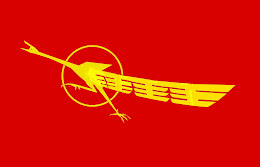





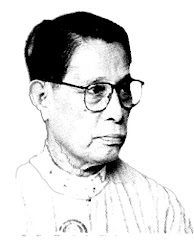

![]()






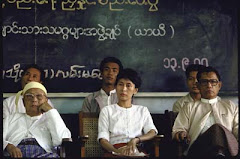

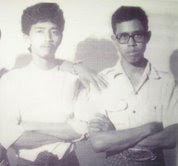

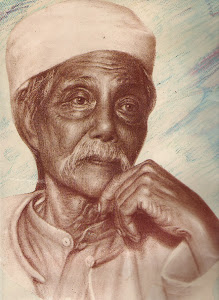
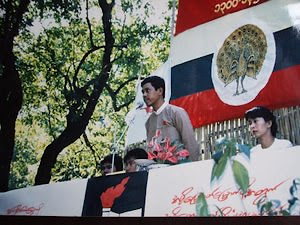
No comments :
Post a Comment